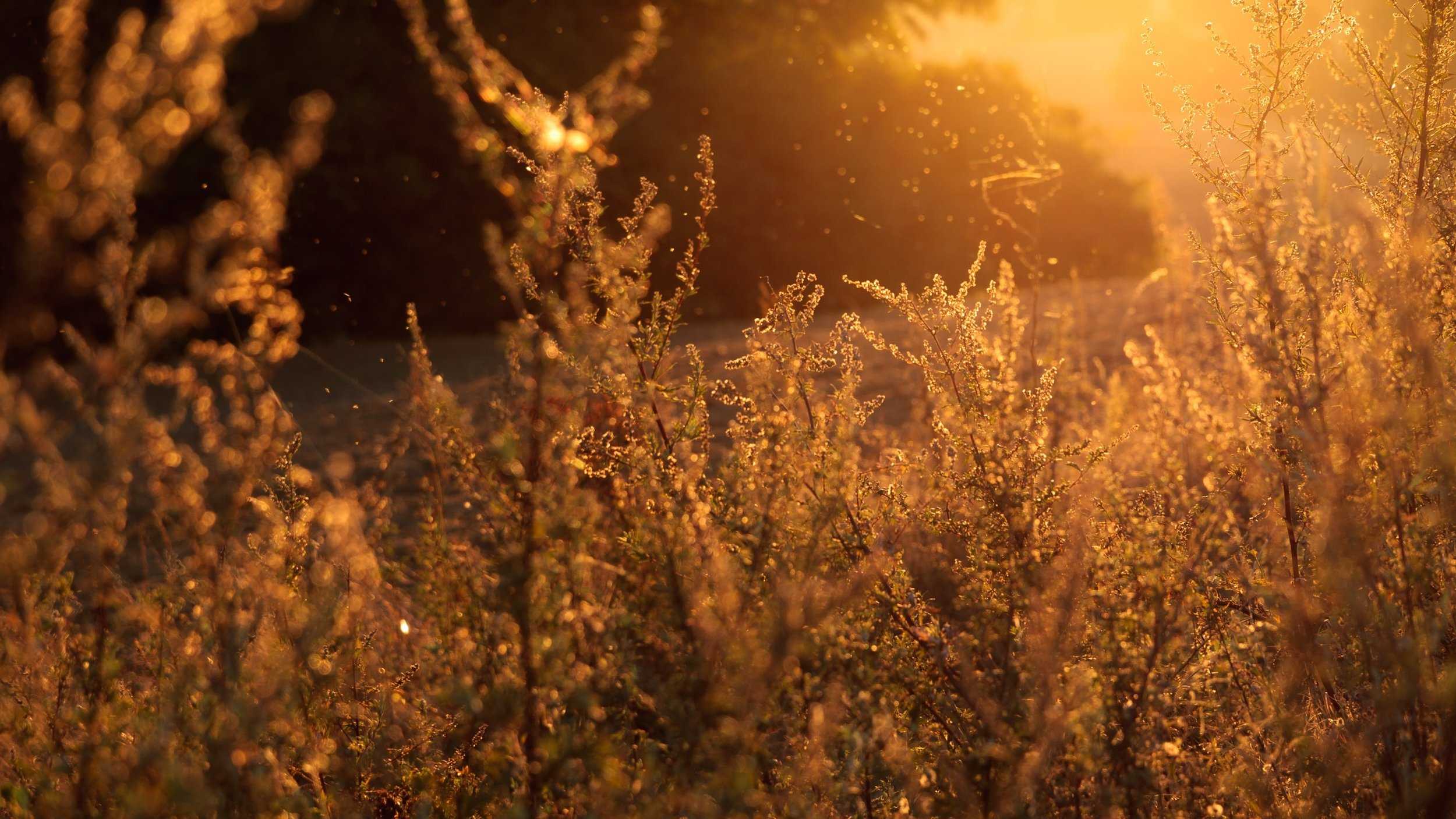“It’s not COVID, it’s just allergies,” can be heard all over Sonoma County as many people feel their allergies are worsening.
Every year, people catch themselves complaining that the current allergy season is progressively worse than the previous year’s.
Emma Molloy, a 24-year-old Communications and Media Studies major said about this year’s allergy season, “This winter they started earlier. I’ve also been having weird nose, ear and throat stuff for months but the doctor says everything looks normal so I think it’s just allergies.”
The Bay Area is notorious for having high rates of allergy sufferers and Sonoma county, specifically, is covered in many native plant species that produce high levels of pollen so it’s no surprise people are suffering from sneezing and watery eyes as Spring begins.
Stanford University School of Medicine conducted an 18-year study that discovered climate change has lengthened the allergy season by about eight to nine weeks. This isn’t because there’s more pollen in the air but rather increased temperatures from climate change are leading to plants and mold having an extended growing season which results in pollen and mold spores being airborne for longer. Longer exposure to pollen and mold spores leave people suffering from their seasonal allergies for longer, making them appear ‘worse’.
SSU immunology professor, Dr. Joseph Lin provided some insight into why people may be perceiving their allergies as worse.
“Climate change is one of the hypothesis people have been focusing on because it’s been making our allergy season start earlier because trees are coming into bloom earlier and making more pollen earlier. The biological behaviors of pollen producing plants has been changing and that would be one of the explanations why people are suffering from allergies at an earlier point,” Lin said.
Lin went on to explain that something being ‘worse’ is all about perception. It’s easy to perceive an allergy season as worse without taking into consideration the other factors that could be contributing to a person suffering from their seasonal allergies more than they would consider normal.
For example, someone who never had allergies when they were younger but have been experiencing hay fever in recent years might assume the allergy season alone is ‘worse’, when in reality, that individual is leading a different lifestyle. For instance, they may be doing more gardening, walking, or hiking than they did during previous allergy seasons which would guarantee more severe allergies or the experiencing of seasonal allergies for the first time.
Lin explained that one of the biggest contributors to suddenly worsening allergies is relocation. It’s easy to forget that moving exposes you to many varieties of new local flora that your immune system isn’t familiar with. This will guarantee a spike in seasonal allergies for at least a few seasons until your immune system becomes better acquainted with the new region’s pollen and mold spores.
It also takes time for our bodies to develop a response to sensitivities which is why it can take time for people’s allergies to get worse after moving to a new area.
Lin also explained there have been multiple studies that show that children who grow up surrounded by pets have decreased chances of coming down with allergies later in life.
“Early exposure can shape your later development of allergies,” Lin said.
Lin then brought up the hygiene hypothesis, which suggests that individuals who grow up in too clean of an environment aren’t training their immune system so it starts over reacting to things that would otherwise be benign.
“If you start looking at lesser developed countries where sanitation and hygiene standards are very different than those of developed countries, these countries have very few issues with allergies. That lends evidence to the idea that by living in too clean of an environment, we’re then doing a disservice. Our immune system doesn’t get challenged appropriately,” Lin said.
For people who are sufferers of seasonal allergies, Lin suggested they should limit their exposure to decrease the allergen load. Wearing a mask outdoors and keeping your windows closed helps.
Heidi Herrmann is an SSU agricultural instructor and in charge of the native plant garden on campus. She too, carries a tissue in her pocket at this time of the year. Being a sufferer of seasonal allergies herself, Herrmann had some insight for anyone else sniffling this Spring.
“Taxed and maxed-out immune systems provide a small buffer to tolerate allergens in our environment. Keeping a body at a high response level is exhausting – be mindful of your sleep, stress levels, drinking enough water, breathing deep breaths, healthy communication, exercising, etc,” Herrmann said. “The quality of food you are ingesting also plays a big role in your immune response- processed foods take work to digest, reduce your white flour/pasta intake, reduce your acid food intake (sugar and alcohol), and selecting organically grown ingredients all help.”
COURTESY// Lukasz Szmigiel on Unsplash





![[Both photos courtesy of sonoma.edu]
Ming-Ting Mike Lee stepped in as the new SSU president following Sakakis resignation in July 2022](https://sonomastatestar.com/wp-content/uploads/2024/04/CC4520AB-22A7-41B2-9F6F-2A2D5F76A28C-1200x1200.jpeg)


























